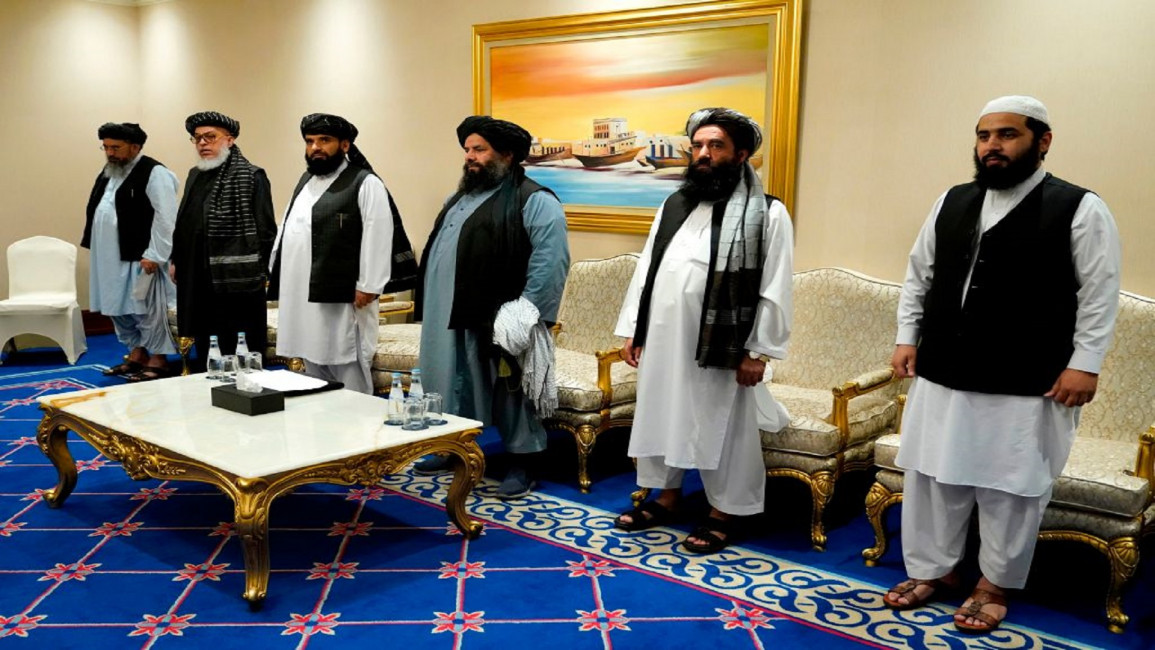Biden's administration rules out US troop withdrawal from Afghanistan while 'Taliban violates peace agreement'
The agreement, brokered during Donald Trump's administration and signed in February 2020, calls for the Taliban to stop violence and sever ties with terrorist organisations. The US would pull its troops from Afghanistan by May 2021 if the deal's terms are met.
"Without meeting their commitments to renounce terrorism and to stop the violent attacks on the Afghan National Security Forces and by dint of that the Afghan people, it's very hard to see a specific way forward for the negotiated settlement," Pentagon spokesperson John Kirby said at a press briefing on Thursday.
"But we're still committed to that," he added.
Kirby said that Washington has not decided on its future military presence in Afghanistan, adding that the 2,500 US troops currently in the country were enough to support counterterrorism missions.
Read more: Will Biden scrap Trump's US-Taliban peace deal in Afghanistan?
National Security Advisor Jake Sullivan last Friday told his Afghan counterpart Hamdullah Mohib that Washington would assess "whether the Taliban was living up to its commitments to cut ties with terrorist groups, to reduce violence in Afghanistan, and to engage in meaningful negotiations with the Afghan government and other stakeholders," according to a National Security Council statement.
Secretary of State Antony Blinken also told reporters on Wednesday that the administration needs to "understand [...] exactly what is in the agreements that were reached between the United States and the Taliban to make sure that we fully understand the commitments that the Taliban has made, as well as any commitments that we’ve made."
During Blinken’s confirmation hearing last week, he said: "We want to end this so-called forever war. We want to bring our forces home. We want to retain some capacity to deal with any resurgence of terrorism, which is what brought us there in the first place."
Intra-Afghan talks, which began last September in Qatar, have yet to make substantial progress, with neither the Taliban nor the Afghan government agreeing to a ceasefire.
In an opinion piece for The Washington Post on Tuesday, Afghanistan’s Ambassador to US Roya Rahmani warned that "just as peace talks do not necessarily mean peace, neither does a deal".
"We cannot allow fatigue to lure us into a deal that hurts more than it heals. The consequences of a false peace are as dire as no deal at all," she wrote.
"In Afghanistan, gains on human rights and women's empowerment will be lost, democracy could crumble, and Afghanistan could again become a safe haven for terrorist groups in the region," Rahmani added.
"Furthermore, Afghanistan's implosion would destabilize the region and have devastating consequences on global security.
"The United States must make the bold decision to hold the Taliban accountable for its egregious violations of the agreement and fully commit to the U.S.-Afghan partnership."
Follow us on Facebook, Twitter and Instagram to stay connected



